
Apple to Discontinue Its Last iPod Model More Than 20 Years After Introducing Product


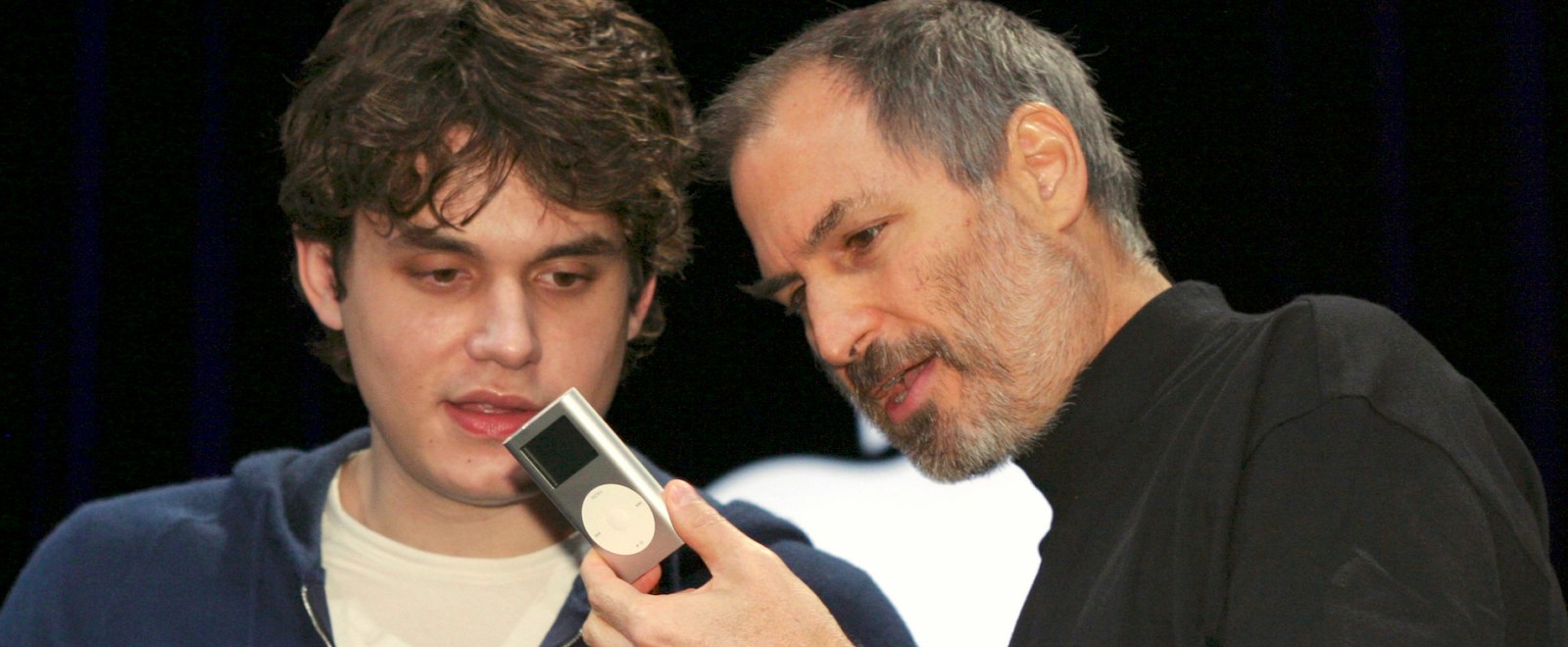
It’s the end of an era for an iconic line of Apple devices: Today, Apple announced they will no longer manufacture its only remaining model of iPod, as reported by Variety.
Although Apple had ceased the manufacturing of the iPod Shuffle and iPod Nano back in 2017, the iPod Touch, which was first introduced in 2007, was announced to be discontinued today. The last of the iPod Touch models are available for purchase online.
When the original iPod was first introduced in October 2001, it was a different kind of audio file player — one that could play over 1,000 songs. Since its conception, various versions of the iPod have been manufactured, including the iPod Nano, a smaller version of the classic model which later evolved to play video, as well as the touchscreen multi-use iPod Touch, and the screenless iPod Shuffle.
U2 even had a red and black edition of the classic model, and commercials for the iPod popularized songs like Feist‘s “1,2,3,4” and Caesars’ “Jerk It Out.”
“Music has always been part of our core at Apple, and bringing it to hundreds of millions of users in the way iPod did impacted more than just the music industry — it also redefined how music is discovered, listened to and shared,” said Greg Joswiak, Apple’s SVP of worldwide marketing, in a statement.
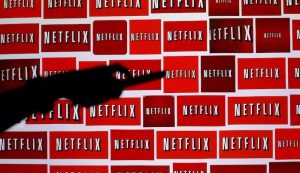
Then world’s largest streaming service may soon get more (official) subscribers as Netflix announced today that it would begin a rollout to test an initiative that would crack down on illicit password-sharing.
In the past, Netflix had generally turned a blind eye to password sharing. Last spring, Netflix began implementing slightly stricter security protocols, prompting users to re-enter their login credentials, even if they had previously been logged onto a device. However, many viewers found ways to circumnavigate that measure, namely by re-entering their login and password.
This week, Netflix announced that it would be rolling out a pilot program in three markets (Chile, Costa Rica, and Peru). The new “add an extra member” feature would prompt Standard and Premium subscribers to add subsidiary accounts for up to two people they don’t live with, each with their own profile, personalized recommendations, login and password for about $2.99 USD per new account.
In an official statement on their website, the company explained the basics of the plan as well as the rationale behind the move, saying: “We’ve always made it easy for people who live together to share their Netflix account, with features like separate profiles and multiple streams in our Standard and Premium plans. While these have been hugely popular, they have also created some confusion about when and how Netflix can be shared. As a result, accounts are being shared between households – impacting our ability to invest in great new TV and films for our members.”
However, Netflix did not provide specific details about what they categorized as a household and how household members would be identified if they were not all on the home IP address (watching at work, at the gym, while traveling, etc.).
Netflix has not announced any plans to test any similar programs in the United States in the immediate near-term future.
As usual, social media had a lot to say about the proposed initiative.
The post Netflix Tests Out Fees to Crack Down on Password Sharing appeared first on The Source.
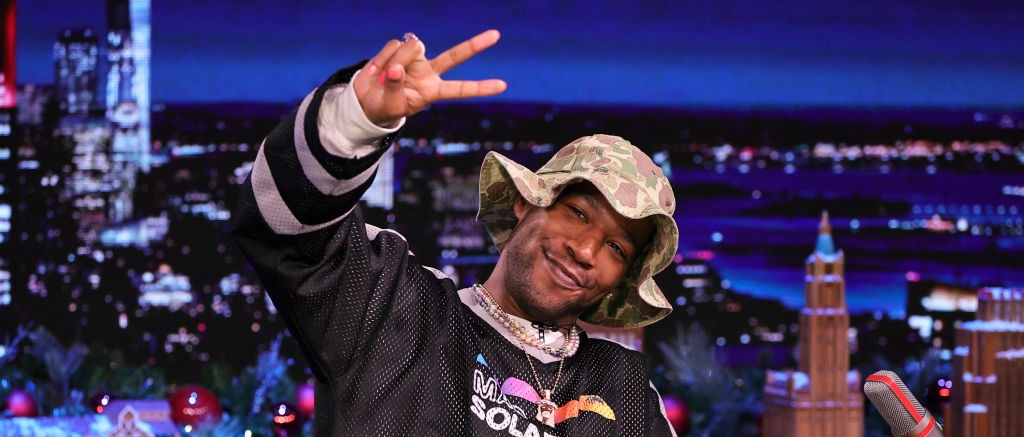
Amid the COVID-19 pandemic, Kid Cudi launched Encore in October 2020. The mobile app’s vision is to help artists share music, interact with fans, and host live shows. This week, Encore launched the Encore Studio App after getting $9 million in seed funding.
This is the second mobile application under the Encore umbrella, the first being Encore’s Interactive Live Music app for the fans, and now, the Encore Studio: Live Music AR app, which will allow artists to perform for fans by way of augmented reality through mobile devices.
“Music artists are the original creators and they have been forgotten by the creator economy and overrun by memes and algorithms on social media,” Jonathan Gray, CEO of Encore, said in a statement. “Our live AR technology empowers any artist to create personalized content and host experiences for their fans without a production budget or crew and make real cash with 100’s of engaged fans.”
The $9 million dollar funding comes from Battery Ventures, along with 468 Capital, Parade Ventures, Nomade Ventures, Moving Capital, Kayak Ventures, and Gaingels. During its beta stage, artists like Too Short, Kyle, and DC The Don performed shows via Encore. Fans were able to support the artists through microtransactions in the form of a 10-cent “clap.”
“My number one priority has always been inspiring others and providing them the space to tell their own stories in an authentic and meaningful way,” said Cudi in a statement. “We created Encore as a space for artists to share their art, build community, while also being able to pay their rent.”
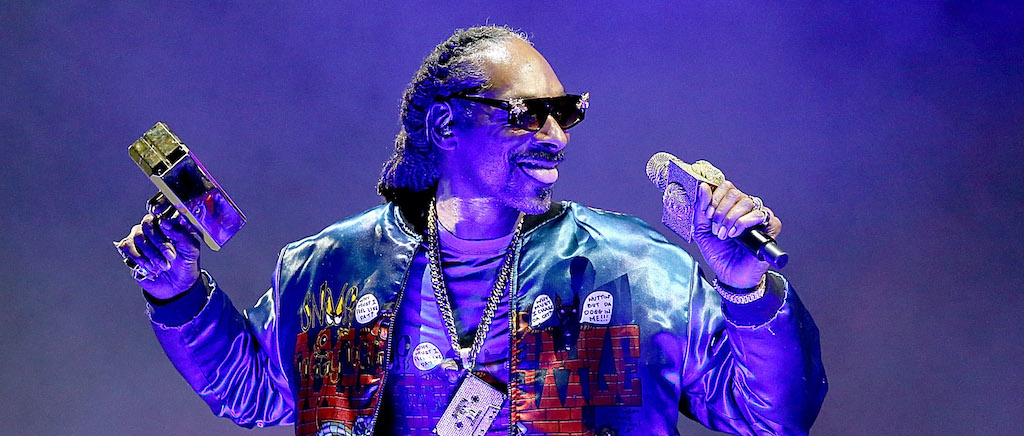
Most of us have neighbors in real life, but some of us have virtual neighbors, too. Such is the case for Snoop Dogg, who just got a new neighbor who paid nearly half a million dollars for the privilege of owning some virtual space adjacent to Snoop’s virtual space.
Snoop owns property in The Sandbox, which is described as “a virtual world where players can build, own, and monetize their gaming experiences in the Ethereum blockchain using SAND, the main utility token of the platform.” On December 2, to celebrate Snoop’s Sandbox presence, a sale of virtual spaces near Snoop’s was launched. During that sale, a plot next to Snoop’s was purchased for 70,903.8222 SAND, which at the time of purchase was worth about $458,038. As of this post, the current value of the SAND used to make the purchase is approximately $382,906.
Snoop shared a tweet about the purchase and wrote, “Won’t u be my neighbor.”
Won’t u be my neighbor. https://t.co/A3JdUrDEkj
— Snoop Dogg (@SnoopDogg) December 3, 2021
Snoop is currently in the midst of launching a significant partnership with The Sandbox, as outlined on the platform’s website. The rapper is building a re-creation of his real-life Diamond Bar, California mansion, as well as a venue that will host concerts and other live events.
Learn more about Snoop’s involvement with The Sandbox here.
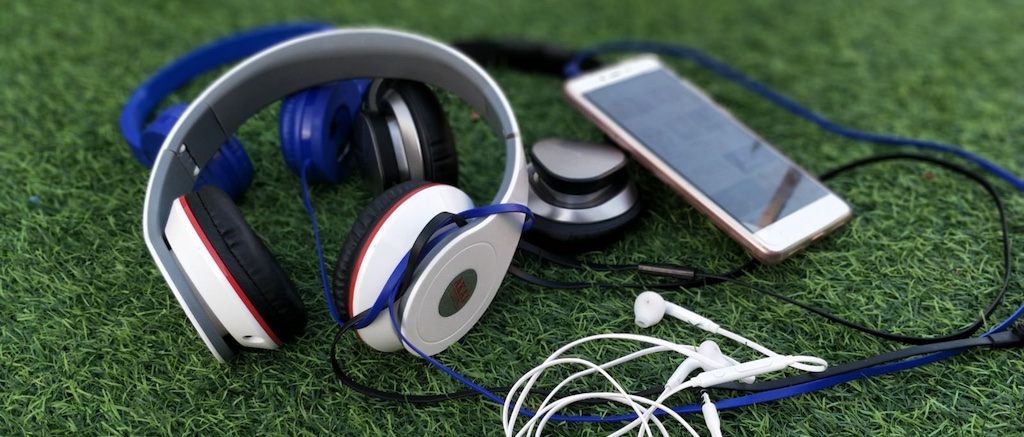
An app that aims to bring fans inside the creative process is now available. Blast Radio — or simply Blast — is an audio-based app where artists of all kinds can broadcast whatever they like, whenever they like, for a more intimate fan experience. The goal is to provide an outlet for artists to share the music, sessions — and potentially behind-the-scenes content — that they wouldn’t necessarily record or publish otherwise.
“Over the last 15 years, I noticed that reality has no place on visual social media platforms,” said Yousef Ali, Blast’s Founder and CEO. “People have been reduced to doctored selfies and public displays of perfection. This is especially challenging for musicians where sound is their secret weapon. Blast gives artists an easy way to reach fans with their actual talents and to do so in an environment that’s not meant to be curated and perfect. It’s a space for artists, to be heard, and to highlight their work, not their appearance.”
The element of spontaneity is reinforced by a built-in time limit: Blast broadcasts are only accessible for 24 hours. Recordings are made using a small attachment called a Blast Box that attaches to the artist’s audio equipment through an RCA wire. The Blast Box (which can be pre-ordered now) pairs the artist’s device with their Blast Radio profile through Bluetooth. The artist can then manually press “publish” to upload the broadcast onto the Blast app.
Blast users get notifications when any artists that they follow have new broadcasts. They may then listen in real-time, or check out the broadcast for the next 24 hours, as well as comment, share the broadcasts, and give a “like” (Blast calls them “Vibes.”)
Right now, more than 150 musicians are posting performances, weekly radio programs, album release previews, and live broadcasts from venues on the app. Some of these early adopters include Ghostly International founder Matthew Dear, Grammy-nominated composer and Detroit DJ Carl Craig, artist and owner of Klakson and Dolly imprint Steffi, Brooklyn-based DJ and producer The Juan MacLean, and acclaimed chamber orchestra Alarm Will Sound.
“I’m always searching for ways to connect with fans. Whether I’m jamming in the studio or playing a DJ set, I need an effortless way to broadcast my music, instantly. Blast has now made that process extremely simple. I just did my first broadcast from Detroit and listened back to the set afterward. I can’t wait to share more live music soon,” said avant-pop artist Matthew Dear.
Detroit producer Carl Craig added: “Performing live at shows is great, but there’s a ton of music that I love that I can’t play because there’s just too much to share on one tour. On Blast, I can broadcast what I care about right now, and do so in an environment built for high-resolution audio — where it sounds great, isn’t restricted by low-res algorithms, and isn’t competing against a world of curated selfies and cat videos.”
Artists can pre-order a Blast Box here and listeners can download the Blast App in the App Store or the Google Play Store.